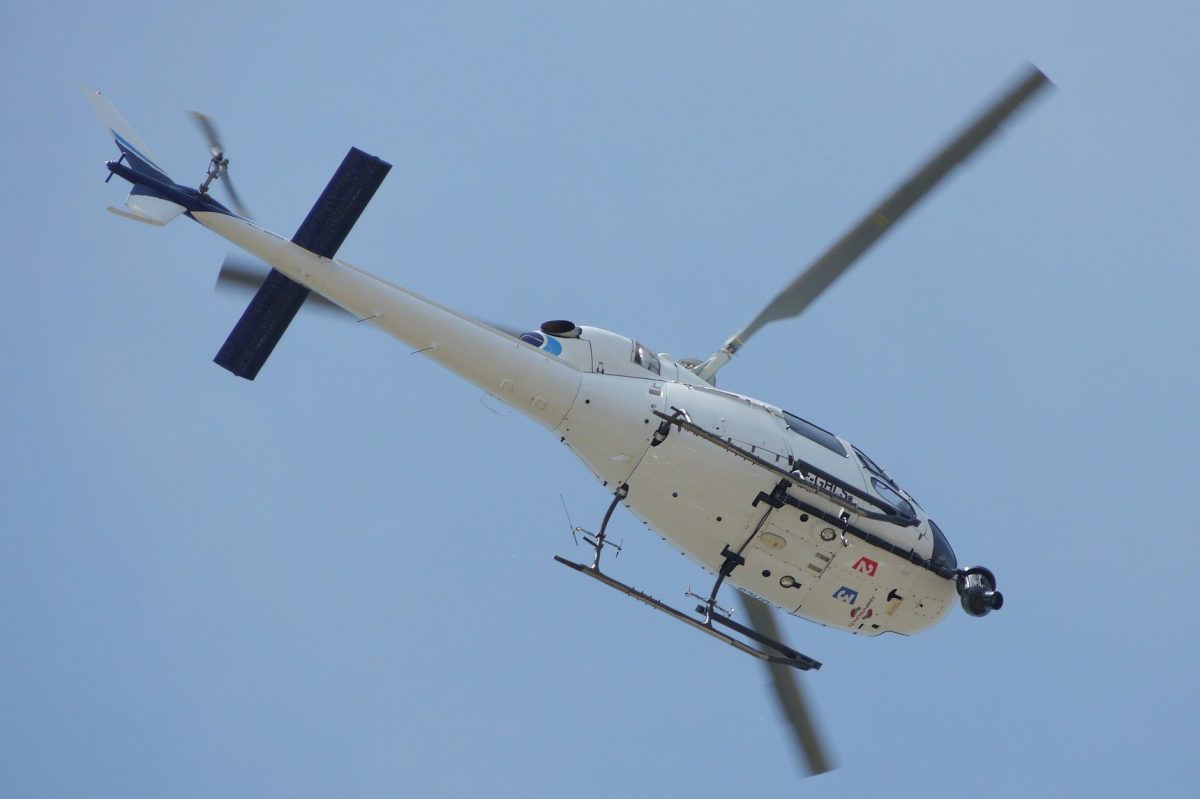
NORAD’s value is on full display as flying objects shot down over North America
This article from Andrea Charron UM, Associate Professor and Director of the Centre for Defence and Security Studies is republished from The Conversation under a Creative Commons license. Read the original article.
Four (and counting) air objects have violated North American airspace in less than a week.
It began with a Chinese high-altitude surveillance balloon flying over Alaska and northwestern Canada.
The North American Aerospace Defense Command (NORAD) tracked the balloon and the three other air objects. None appeared to pose a military threat to North America, but they still caused concern because they could both gather intelligence and interfere with civilian air traffic.
NORAD is binational. Canadian and United States military personnel are assigned to NORAD to focus on the defence of the North American continent, not just Canada or the U.S. It’s a vital command that has been overlooked and undervalued. It is, however, the first line of defence for both states — as many Americans and Canadians are now learning.
NORAD’s reason for being
It warns and tracks air objects of concern (aerospace warning)
It can defeat (in other words, shoot down) these objects or escort them out of national airspace (aerospace control)
It tracks maritime vessels approaching North America that may be of concern (maritime warning)
What’s unique about NORAD is that Canadian and American interceptors, personnel and assets work together seamlessly in joint commands. For example, Canadian personnel can be in charge of American NORAD personnel in Alaska while U.S. jets assigned to NORAD may operate in Canadian airspace.
NORAD personnel communicate and co-ordinate with each other across national boundaries. This is all part of the NORAD agreement.
It’s no accident that a statement by U.S. Secretary of Defense Lloyd Austin specifically noted Canada and NORAD’s role in the dramatic shooting down of the Chinese surveillance balloon over the Atlantic Ocean on Feb. 4.
NORAD Commander General Glen VanHerck — a four-star U.S. general — is based at Peterson Space Force Base in Colorado Springs, and can reach out to both the American president and the Canadian prime minister.
He’s equally responsible to American and Canadian citizens. If a flying object needs to be shot down, the American president approves any action in U.S. airspace while the prime minister approves it in Canadian airspace. Sovereignty is respected.
However, both Canadian and American personnel and assets are involved.
This was evident in the case of the air objects flying over the Yukon and Lake Huron.
While they were shot down in Canadian airspace with Prime Minister Justin Trudeau’s permission, American fighter jets were in position to assist and execute the commands.
Under NORAD provisions, it doesn’t matter if it’s Canadian or American jets used to shoot down unidentified flying objects over North America. NORAD’s mission was achieved with the appropriate national command authority.
NORAD now on our radar
While NORAD certainly needs modernizing — it requires not only new radars, satellites and interceptors, but also ways to integrate information and intelligence from more partners and allies — the events of the past few days show it’s agile.
Those same events have also reminded both Canadians and Americans that North America is vulnerable.
We don’t know the origins of all of the flying objects — that will be up to the FBI, RCMP and intelligence agencies to discern. If the air objects originated in foreign nations, next steps will involve the U.S. State Department and Global Affairs Canada. If they’re domestic in origin, it will be a matter for police and regulatory authorities.
Either way, the recent events have provided North Americans with a clear wake-up call. Canada is not the “fire-proof house” it once hoped it could be.
Neither is the U.S. immune from potential threats just because of its military might.
NORAD celebrates its 65th anniversary in May. The organization is clearly needed now more than ever. But its biggest challenge remains the lack of understanding of its value and importance.
If there’s any silver lining to the events of the past few weeks, perhaps it’s that North Americans will now recognize and appreciate the role NORAD plays in keeping them safe.






